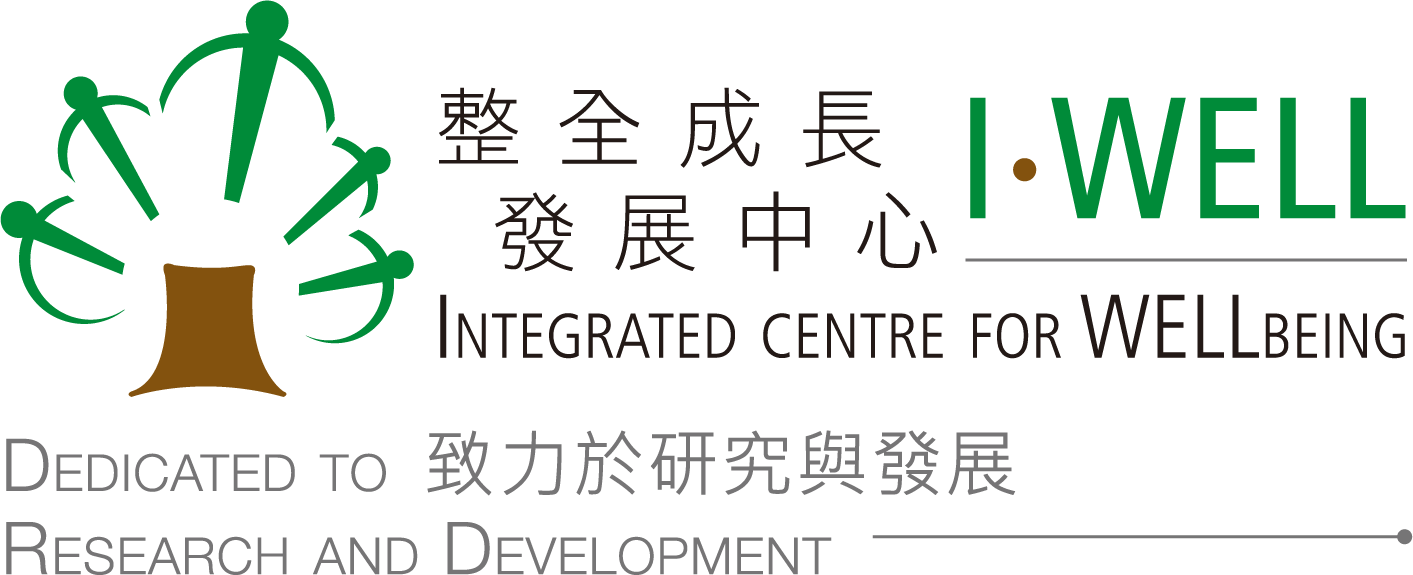- Project intervention is provided by YWCA Tin Shui Wai Family Wellness Centre.
- Having recruited the target clients, we divide them into two intervention groups according to the children’ ages, i.e. one is for aged 0 to 2 and the other is for aged 3 to 6.
Intervention Strategy for working with children aged 0 to 2 and their families by using Programs with TOUCH method (i.e. T for Teach, O for Observe, U for Unique, C for Coach and H for Home assignment) in two intervention settings as below table.
T - Teach parents the knowledge and skills of touch
O - Observe the interactive style between parents and their baby
U - Unique story for each family
C - Coach parents practice the skills
H - Home assignment

- To assist the parents in developing a positive and secure attachment with their baby through TOUCH and PLAY programs.
- To strengthen parent-child bonding positively
- To assist parents learning different methods on how to build a relationship with their baby.

Intervention Strategy for working with children aged 3 to 6 and their families by TOUGH method (i.e. T for Teach, O for Observe, U for Unique, G for Guide and H for Home assignment) in two intervention settings as below table.
T - Teach parents the knowledge and skills of play
O - Observe the interactive style between parents and their children
U - Unique story for each family
G - Guide parents as play partners with their children
H - Home assignment

- To build a positive parent-child relationship
- To improve children’s social behaviors
- To assist children learning emotion control and expression
- To encourage parent accompanying with their children
- To improve the parenting capacity by enhancing their self-awareness, emotion, regulation ability, motivation and coping skills especially for those parents with SEN children.



